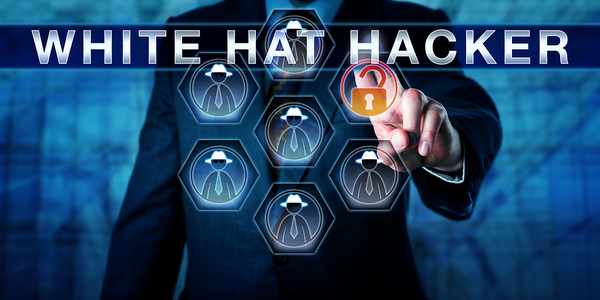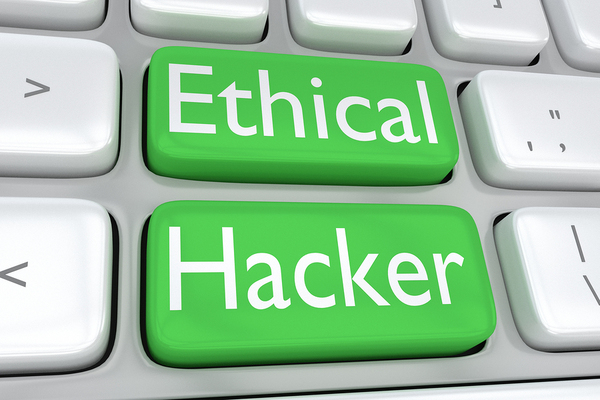
White hat or ethical hackers help companies prevent hacking.
The Certified Ethical Hacker (CEH) certification shows employers that IT professionals can use hacking skills legally to discover security flaws in their company or organization’s network and defend against them.
To receive the CEH certification, professionals must pass an exam in which they are given test situations and told to find the security flaws as well as fix them. Students may take a course to prepare themselves for the CEH certification or may self-prepare if they have at least two years’ experience in IT security or other equivalent education.
Why Are Ethical Hackers Needed?
Hackers have thousands of tools and methods they have discovered to gain access to unauthorized information, including financial and confidential information and industry secrets. While security professionals work hard to fix vulnerabilities as they find them, hackers are working hard to find new vulnerabilities to exploit.
Without ethical hackers, companies and organizations would not know how to protect their important information from those who want to use it wrongfully. It is an ethical hacker’s job to stay one step ahead of hackers so they can keep information safe from theft or exposure.
Almost every week, a new data breach is announced in which a major company’s data was compromised. Ethical hackers are the only hope companies have to protect themselves against data breaches that can negatively impact their businesses. Although ethical hackers do some of the same things hackers with ill intent do, it is legal to use hacking techniques when a company or organization requests you to do so for its benefit.

Ethical hackers will be in high demand for some time to come.
Details of Certification
The certification exam is four hours long and costs $500-$600. For those that don’t take a certification preparation course, there is an extra fee of $100. While the exam costs more than some other certification exams, it covers real-life situations and all the major ethical hacking skills known.
Certification is good for three years and can be renewed with 120 hours of continuing education. The exam covers areas of ethical hacking like footprinting and reconnaissance, scanning networks, enumeration, system hacking, Trojans, worms and viruses, sniffers, denial of service attacks, social engineering, session hijacking, hacking web servers, wireless networks and web applications, SQL injection, cryptography, penetration testing, evading IDS, firewalls, and honeypots.
Certified individuals typically earn more than those without certification, so it is worthwhile to invest in becoming certified. The average salary of ethical hackers is $71,000 per year, but some hackers can make over $100,000, not including bonuses. Some of those higher salaries are due to certification.
Furthermore, IT security professionals are in high demand, with shortages in many areas. PC AGE offers courses to prepare students for the CEH exam and other IT certifications and build their careers as IT professionals. about our programs to see how they can help your IT career. Contact us about our programs to see how they can help your IT career.
Rameez Khizer, IT Marketing
